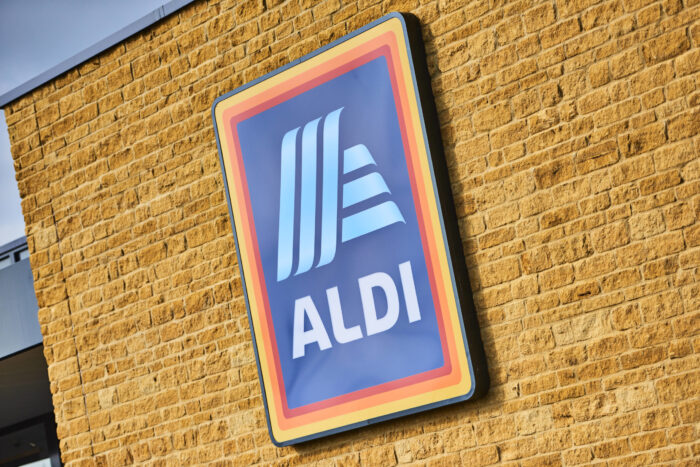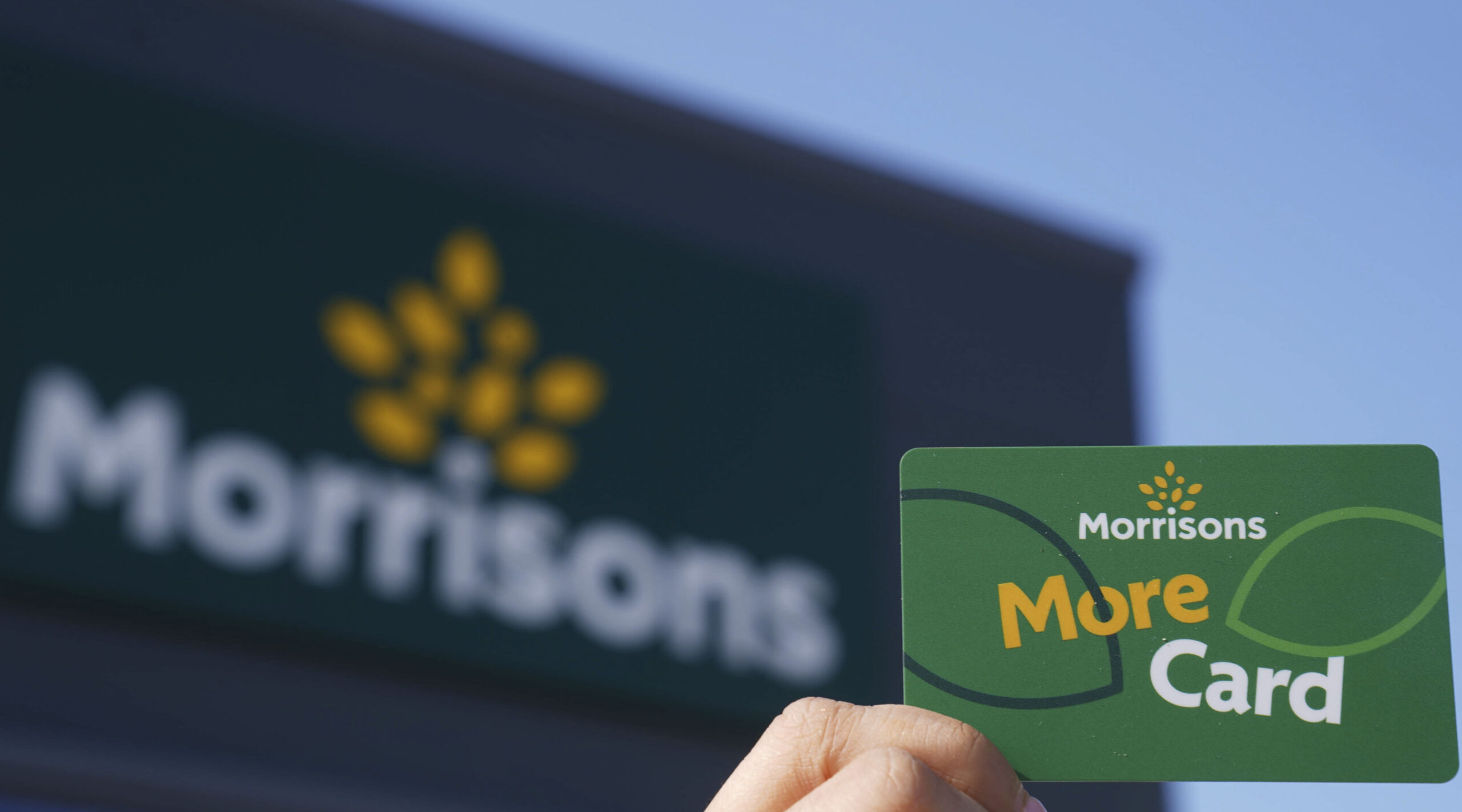
The average price of a selection of groceries came to £121.06 at the budget retailer in March.
At the other end of the scale, Waitrose charged shoppers £158.52 for the equivalent goods, which works out as a third more than Aldi, Which?’s supermarket report finds.
Fellow budget retailer Lidl is the second cheapest, with 71 food items, including cupboard essentials such as a loaf of bread (Hovis), baked beans and carrots, costing £122.96.
The mix of own-label and branded items set shoppers back over £15 more at Asda, making it the third-cheapest option.
Cheapest supermarket table
| Supermarket | Average price for 71 items |
| Aldi | £121.06 |
| Lidl | £122.95 |
| Asda | £138.31 |
| Tesco | £139.23 |
| Sainsbury’s | £143.48 |
| Morrisons | £145.19 |
| Ocado | £148.18 |
| Waitrose | £158.52 |

Wellness and wellbeing holidays: Travel insurance is essential for your peace of mind
Out of the pandemic lockdowns, there’s a greater emphasis on wellbeing and wellness, with
Sponsored by Post Office
Meanwhile, a bigger trolley of goods that included those 71 groceries and a further 113 is cheapest at Asda. The 184 branded items cost £468.90, with the next-cheapest being Morrisons, priced at £485.49.
Waitrose also racked up the priciest receipt for a bigger shop, with the same number of products costing £517.17 – almost £50 more than at Asda. For the larger shop, Aldi and Lidl were excluded as they have a limited number of branded goods.
Large shopping list league table
| Supermarket | Average price for 184 items |
| Asda | £468.90 |
| Morrisons | £485.49 |
| Tesco | £497.13 |
| Ocado | £505.83 |
| Sainsbury’s | £508.99 |
| Waitrose | £517.17 |
Compared to last month, prices have dipped universally. In February, the 72-product shop would cost £4 more at Aldi and £6 more at Lidl.
It comes as shop price inflation eased to 1.3%, the lowest level it’s been since December 2021. This is due to supermarkets going big on Easter deals, says Helen Dickinson, the chief executive of the British Retail Consortium.
The CEO said: “Dairy prices also fell on the month as farmgate prices eased, and retailers worked hard to lower prices for many essentials. In non-food, prices of electricals, clothing and footwear fell as retailers increased promotions to entice consumer spending.”
But, this might not be the case for April, as Dickinson added: “While these figures are good news for consumers, from this month, retailers face significant increased cost pressures that could put progress on bringing down inflation at risk.”
For a monthly round-up of the freshest supermarket deals, read YourMoney.com‘s Best of the British Aisles.




